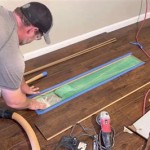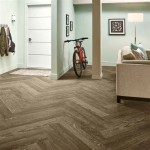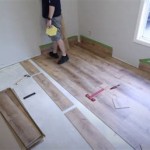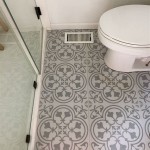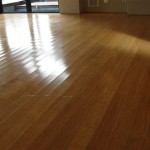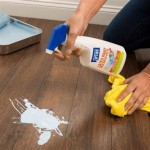Should You Seal a Bathroom Floor? Essential Aspects to Consider
When it comes to maintaining a bathroom, one of the most important aspects to consider is whether or not to seal the floor. Sealing a bathroom floor can provide numerous benefits, such as protecting it from moisture damage, staining, and wear and tear. However, there are also some factors to keep in mind before deciding to seal your bathroom floor.
Understanding the Benefits of Sealing a Bathroom Floor
Sealing a bathroom floor offers several advantages that make it worthwhile to consider. These include:
- Protection from Moisture Damage: Bathrooms are inherently prone to moisture, which can seep into the floor and cause damage over time. Sealing the floor creates a barrier that prevents moisture from penetrating, protecting it from rot, mold, and mildew.
- Resistance to Staining: Spills and accidents are common in bathrooms, and they can leave unsightly stains on unsealed floors. Sealing the floor makes it more resistant to stains, making it easier to maintain a clean and fresh appearance.
- Improved Durability: Sealing a bathroom floor enhances its durability and resilience. It can withstand heavy foot traffic, wear and tear, and exposure to chemicals and cleaning agents without showing signs of damage.
- Easier Cleaning: Sealed floors are easier to clean and maintain. The protective layer prevents dirt and grime from penetrating the floor, making it less likely to become stained or harbor bacteria.
Factors to Consider Before Sealing a Bathroom Floor
While sealing a bathroom floor has many benefits, there are a few factors to consider before making a decision. These include:
- Type of Floor: Not all bathroom floors are suitable for sealing. Some materials, such as natural stone and glazed tiles, may not require sealing or may not respond well to it.
- Grout: It's important to assess the condition of the grout before sealing the floor. If the grout is cracked or damaged, it may need to be repaired or replaced before sealing.
- Ventilation: Sealing a bathroom floor can trap moisture if the room lacks proper ventilation. This can lead to condensation and mold growth.
Professional vs. DIY Sealing
Depending on the type of floor and your DIY skills, you may choose to seal the bathroom floor yourself or hire a professional. DIY sealing is suitable for smaller bathrooms with relatively simple floor materials. However, if you have a large or complex bathroom, it's recommended to consult with a professional to ensure proper application and avoid potential damage.
Choosing the Right Sealant
If you decide to seal the bathroom floor yourself, it's crucial to choose the right sealant. Consider the type of floor and the desired level of protection. There are various types of sealants available, including water-based, solvent-based, and penetrating sealants. Each type has its own advantages and is suitable for different floor materials.
Maintenance and Re-sealing
Once your bathroom floor is sealed, it's essential to maintain it properly. This includes regular cleaning and occasional re-sealing. The frequency of re-sealing depends on the type of sealant used and the amount of wear and tear the floor experiences.
Conclusion
Sealing a bathroom floor can provide significant benefits in terms of protection, durability, and ease of cleaning. However, it's important to consider the type of floor, grout condition, ventilation, and choose the right sealant and application method. Whether you decide to DIY or hire a professional, sealing your bathroom floor can help preserve its beauty and functionality for years to come.

Everything You Need To Know About Sealing Tile Making Pretty Spaces Blog

How To Make Your Floors Last Longer By Sealing In Tile Stickers

How To Fit Vinyl Flooring In A Bathroom Turning House Into Home

How To Seal A Bathroom Tile Floor Enviro Clean And Capture
Grout Vs Silicone What S Best When Renovating Your Bathroom

How To Fit Vinyl Flooring In A Bathroom Turning House Into Home

How To Seal Grout Why It S Important Maria Louise Design

How To Seal A Kitchen Or Bathroom After Tiling Walls And Floors

How To Fit Vinyl Flooring In A Bathroom Turning House Into Home

How Do I Stop My Bathroom Floor From Leaking Shower Sealed
See Also
